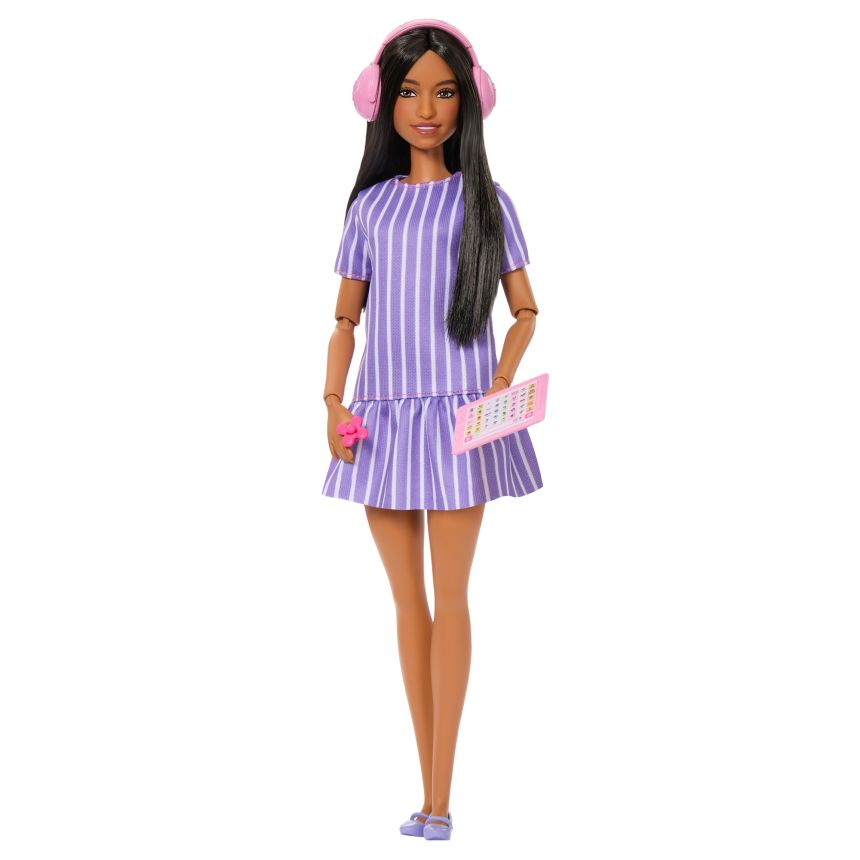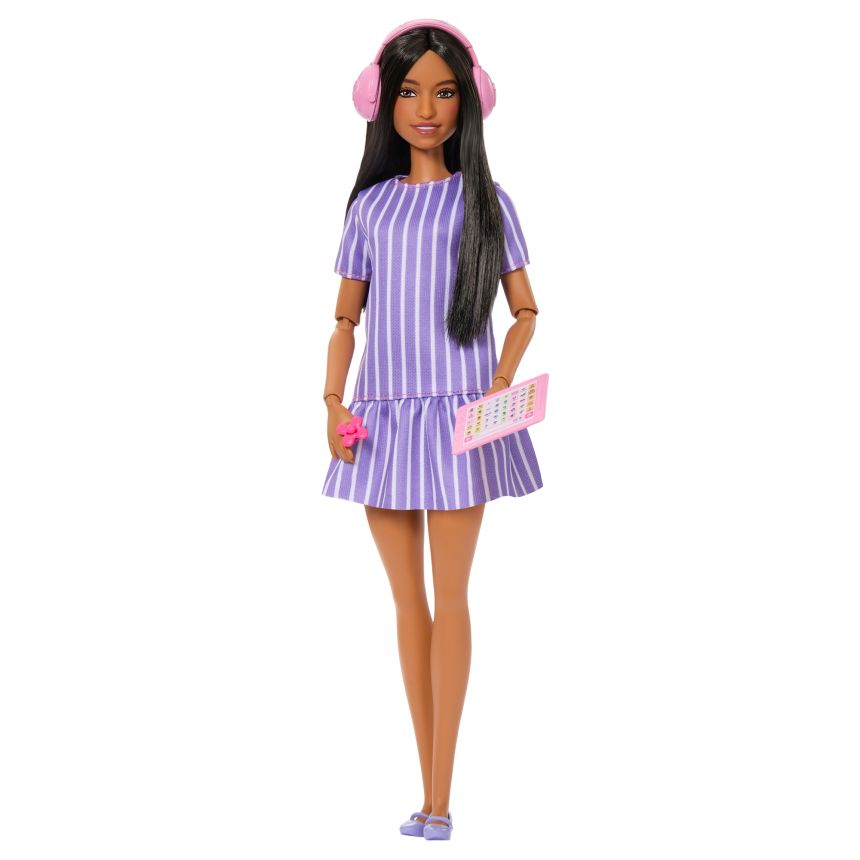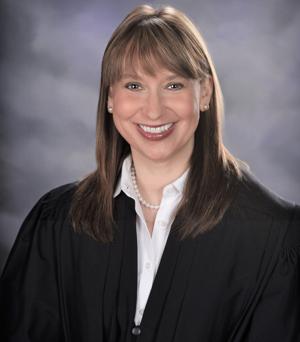Business
North Dakota Residents to Receive $1,000 Checks After Law Change

Residents of North Dakota may soon receive checks of up to $1,000 as part of a recent law change aimed at streamlining the return of unclaimed property. The state is estimated to hold between $140 million and $150 million in abandoned funds, which may include forgotten bank accounts and uncashed checks.
According to Susan Sommerfeld, Director of the Unclaimed Property Division, the new law simplifies the process for individuals to reclaim their funds. In the past, the process was often considered too complicated. “It used to be too doggone hard for people to get their money back,” Sommerfeld stated in an interview with the North Dakota Monitor. “But it’s not anymore.”
New Process for Claiming Funds
Previously, individuals had to file claims in a detailed manner, providing specific documentation to retrieve their unclaimed property. The recent amendment allows for checks to be mailed directly to owners under certain conditions. Sommerfeld explained that the agency must ensure it is sending the funds to the correct person and address, which is verified using various databases.
The state is currently mailing checks for abandoned funds ranging from $50 to $1,000. “We wanted to make it enough so that people would want to cash that check, but not so much that it looks fake,” Sommerfeld added.
Letters have already been sent to the initial group of fund owners, informing them that they can expect a check in their mailbox in early December 2023. This outreach is part of the state’s effort to reconnect individuals with their unclaimed assets.
Checking for Unclaimed Property
North Dakotans can verify whether they have unclaimed property by visiting unclaimedproperty.nd.gov. In cases where a claim must be submitted, individuals may be required to provide additional documentation, which can include proof of identification, address verification, Social Security number, and evidence of previous transactions with the organization that held their funds.
While the unclaimed funds remain with the state, they are invested in the Common Schools Trust Fund, which supports K-12 education across North Dakota. This initiative not only aims to return funds to their rightful owners but also contributes to the educational infrastructure of the state.
Sommerfeld noted that the process of retrieving unclaimed money has become significantly easier. “When I started in this unclaimed property world, every single claim that we had had to be on paper, and it had to be notarized,” she remarked. The new regulations reflect a broader commitment to improving accessibility and efficiency for residents seeking to reclaim their funds.
As North Dakota moves forward with this initiative, the state aims to ensure that all residents can benefit from their rightful property without unnecessary barriers.
-

 Top Stories1 month ago
Top Stories1 month agoRachel Campos-Duffy Exits FOX Noticias; Andrea Linares Steps In
-

 Top Stories1 week ago
Top Stories1 week agoPiper Rockelle Shatters Record with $2.3M First Day on OnlyFans
-

 Top Stories6 days ago
Top Stories6 days agoMeta’s 2026 AI Policy Sparks Outrage Over Privacy Concerns
-

 Sports5 days ago
Sports5 days agoLeon Goretzka Considers Barcelona Move as Transfer Window Approaches
-

 Top Stories1 week ago
Top Stories1 week agoUrgent Update: Denver Fire Forces Mass Evacuations, 100+ Firefighters Battling Blaze
-

 Top Stories1 week ago
Top Stories1 week agoOnlyFans Creator Lily Phillips Reconnects with Faith in Rebaptism
-

 Top Stories5 days ago
Top Stories5 days agoWarnock Joins Buddhist Monks on Urgent 2,300-Mile Peace Walk
-

 Entertainment6 days ago
Entertainment6 days agoTom Brady Signals Disinterest in Alix Earle Over Privacy Concerns
-

 Top Stories1 week ago
Top Stories1 week agoOregon Pilot and Three Niece Die in Arizona Helicopter Crash
-

 Top Stories4 days ago
Top Stories4 days agoCBS Officially Renames Yellowstone Spin-off to Marshals
-

 Health2 months ago
Health2 months agoTerry Bradshaw Updates Fans on Health After Absence from FOX NFL Sunday
-

 Sports4 days ago
Sports4 days agoSouth Carolina Faces Arkansas in Key Women’s Basketball Clash



